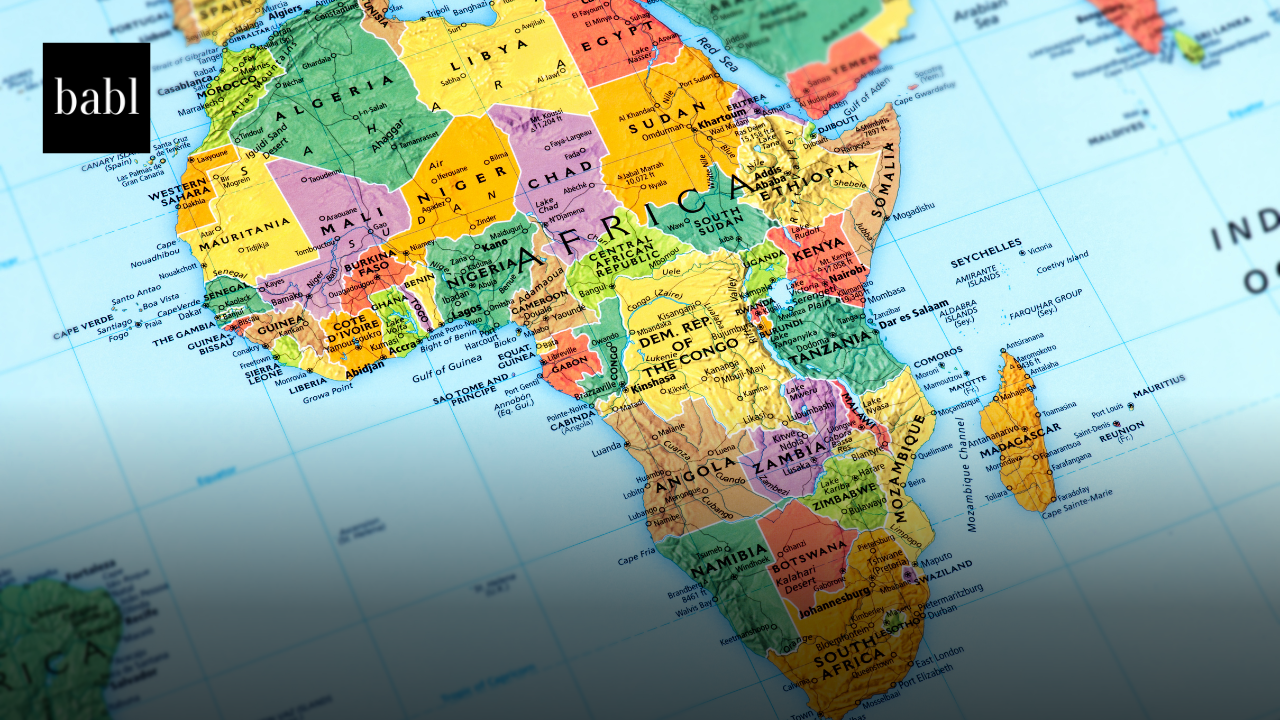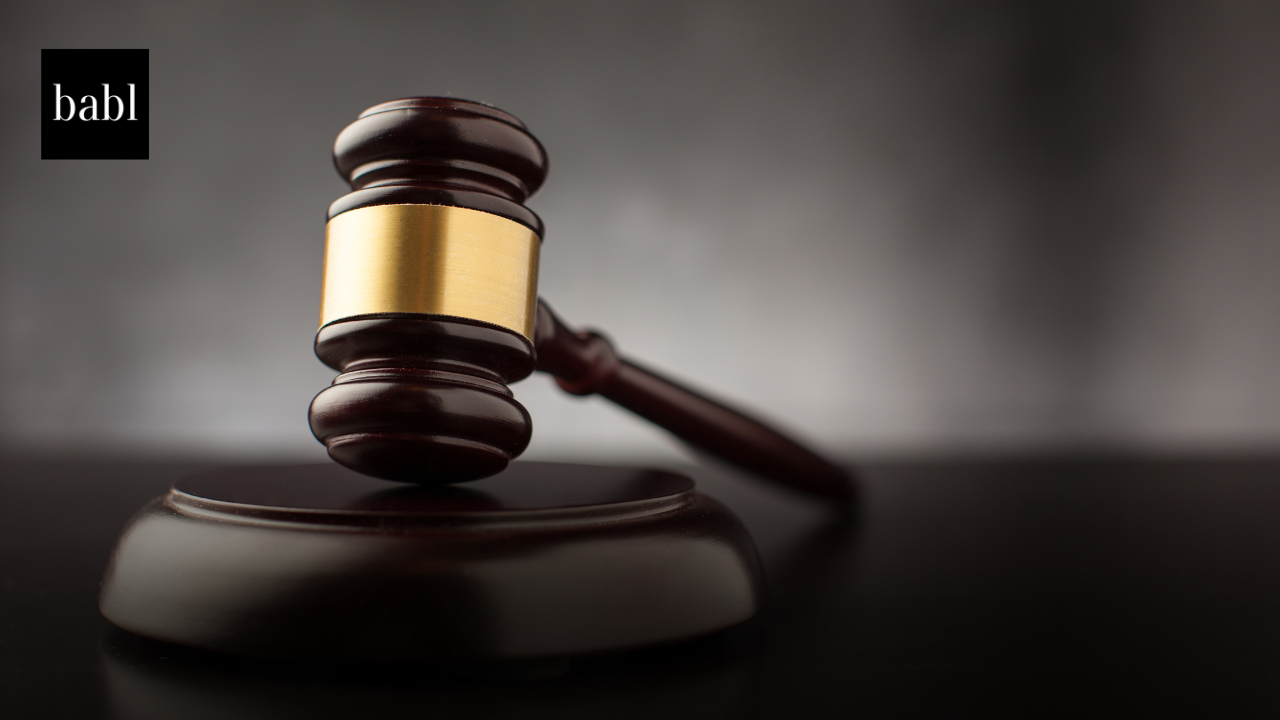African Observatory on Responsible AI Releases Comprehensive Report on AI Governance and Ethics
The African Observatory on Responsible AI (AORAI), which collaborates with Cameroon, Senegal, Ethiopia, Nigeria, South Africa and Uganda, has unveiled its 2022-2023 technical report, shedding light on significant advancements and future directions in AI governance, gender inclusion, and community building across the African continent. Established in 2022 under the Global Center on AI Governance, the AORAI is dedicated to promoting African voices, experiences, and value systems in global discussions around responsible AI, particularly in the context of Africa’s colonial and post-colonial memory.
Promoting Inclusive AI Governance
AORAI stresses that an African perspective on AI ethics is essential. Scholars in the social sciences and humanities argue that without this viewpoint, AI may fail to serve African societies or could even reinforce historical inequities.
To address this, AORAI supports inclusive and responsible AI governance. It collaborates with regional partners to build capacity through policy engagement, public dialogue, and science communication. These efforts aim to enhance understanding of AI’s benefits and risks while encouraging evidence-based policymaking.
AORAI’s programs help African countries harness AI responsibly for development. By facilitating cooperation among governments, researchers, and civil society, the Observatory promotes innovation that improves lives while mitigating harm.
Advancing Gender Inclusion and Diversity
Gender equality remains one of AORAI’s key priorities. The Observatory argues that responsible AI cannot exist without women’s active participation. To advance this goal, it launched the Women in Focus series, celebrating African women leaders in AI and fostering supportive professional networks.
AORAI also conducts intersectional research on the gendered effects of AI technologies. One initiative—a landscape study on AI policies in Southern Africa—examines how these frameworks affect women and marginalized groups. In addition, AORAI partners with the African Centre on Technology Studies to deliver short courses for PhD students on gender and AI. It also supports digital rights advocacy platforms, such as My Data Rights, that push for gender-responsive AI policies.
Building the Evidence Base for Ethical AI
To strengthen the foundation of responsible AI, AORAI funds research across Africa on topics such as social justice, governance, and ethics. It has also developed a comprehensive research directory, serving as a repository for AI4D-affiliated research outputs. This open-access resource facilitates knowledge exchange and collaboration among African researchers.
AORAI’s work includes mapping AI policy and governance structures across the continent. Partnering with UNESCO, the Observatory has co-authored reports on AI policy in Southern Africa, highlighting current governance models and emerging needs. It also leads Readiness Assessment Methodology reports for nine countries in Southern and Eastern Africa, helping governments align with the UNESCO Recommendation on the Ethics of AI.
Strengthening Regional Collaboration and Community Building
Community development remains central to AORAI’s mission. The Observatory connects scholars, policymakers, and practitioners through online platforms, social media, and newsletters. Its growing network encourages shared learning and collaboration across borders.
Looking ahead, AORAI plans to support African AI policy implementation and contribute to the Global Index on Responsible AI, a benchmarking initiative tracking global ethical AI progress. The organization will also continue monitoring the rollout of UNESCO’s AI ethics framework to ensure African priorities remain visible in global policymaking.
Need Help?
Keeping track of all the AI regulations, laws and other policies around the globe can be difficult, especially when they can impact you. Don’t hesitate to reach out to BABL AI. Their Audit Experts can address your concerns and questions while offering valuable insights.





